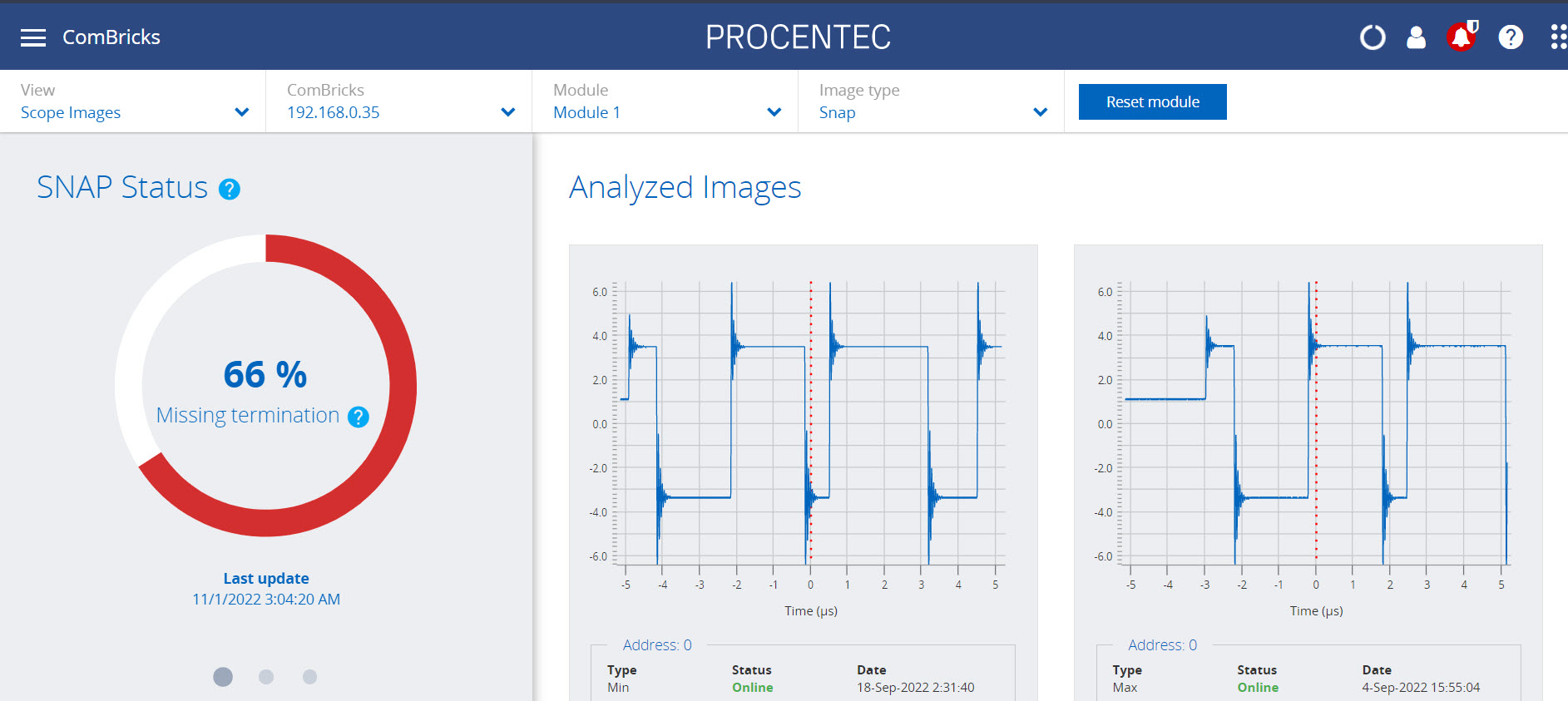There has been a lot of talk about ChatGPT. My colleague Cambel Lai has been playing with it, and it is certainly impressive technology. However, as others have noted, it should be used cautiously. This is especially true when applied to industrial communications.
We proposed the following question: explain the most common PROFIBUS problems.
The answer it gave was:
The most common PROFIBUS problems include:
- Incorrect baud rate: If the baud rate of the master and slave devices do not match, communication will fail.
- Incorrect addressing: Each device on the PROFIBUS network must have a unique address. If two devices have the same address, communication will fail.
- Cable issues: Damaged or poorly connected cables can cause communication failures.
- Interference: Electromagnetic interference (EMI) from other devices can disrupt PROFIBUS communication.
- Configuration errors: Incorrectly configuring devices or parameters can cause communication to fail.
- Software bugs: Bugs in the software of the master or slave devices can cause communication to fail.
- Hardware failure: Device hardware failure can disrupt communication.
- Network congestion: High traffic on the network can cause delays in communication or lost data.
It’s also important to note that PROFIBUS networks require regular maintenance and troubleshooting to ensure optimal performance.
This answer is not bad, but not 100% correct either.
When PROFIBUS was first released, many slaves had to have the baud rate set manually, so item 1 was true. Soon after that, devices were given the autobaud feature, where it would adjust to the speed of the master. I have not seen a baud rate problem in well over a decade. Therefore, item 1 is out of date.
Items 2, 3 and 4 are correct.
Item 5 talks about incorrect configuration. However, it is confusing since it does not specify the master or slave and does not go into enough detail. You can go into a Master and mess up the bus configuration parameters and cause network issues. This is very rare. In fact, in my 25-plus years in the field, I have only run into this once.
Item 6 is about software bugs. This is also rare these days. In the early days of PROFIBUS, it was more common.
Item 7, hardware failure, is true.
Item 8 does not happen with PROFIBUS. Increasing the network load on PROFIBUS only increases the scan time.
The last comment about regular maintenance is a good suggestion.
The part that scares me is that the whole response sounds very accurate when it is not. The data set ChatGPT is working off is old. It is what is on the internet. The quality of answers to your questions depends on the strength and relevance of the data queried. Our verdict – don’t use ChatGPT to solve industrial comm problems.
There is a superior AI option for industrial communication. An AI using current data and best practices. Fortunately, PROCENTEC/HMS has already developed AI for PROFIBUS, PROFINET, and EtherNet/IP, called SNAP.
SNAP requires some very sophisticated network monitoring equipment to be connected to your network. It then monitors it 24 hours a day, 7 days a week, and can tell you what is wrong with the network with a high 90% success rate.
In the case of PROFIBUS, SNAP takes all the information from a permanent monitoring system called COMBRICKS. SNAP then analyzes your Network and tells you what to do. All the maintenance person needs to do is read and follow the SNAP instructions.
In the example below, the SNAP server has found that there is a problem and that the most likely reason is that there is a missing termination. When the user clicks on the ‘?’, Delphi will be launched. Delphi is a special help application that will tell the maintenance person what they need to do to fix that problem. If that was not the problem, other screens show them other possible causes with additional help screens showing you what to do.

This tool will significantly reduce downtime and decreases the requirement of maintaining knowledgeable people. SNAP is like having a PROFIBUS expert with 20 years of experience on staff all of the time.
SNAP is already up and running in facilities around the world. Some of the biggest names in distribution are trusting SNAP to support their maintenance teams.
For more information on this great product, please get in touch with us at jamesp@jcomautomation.ca.
